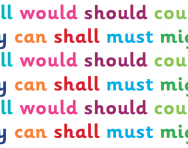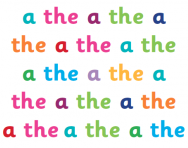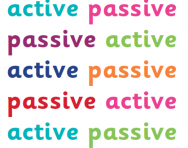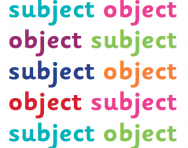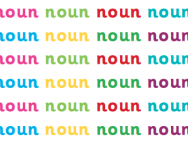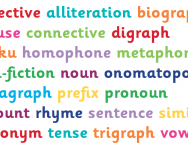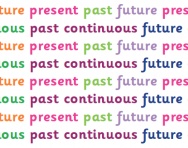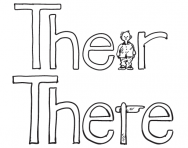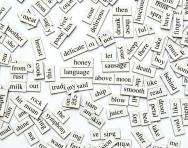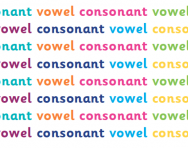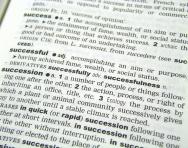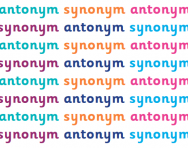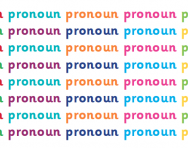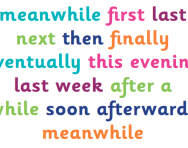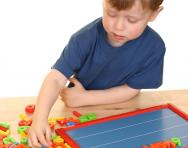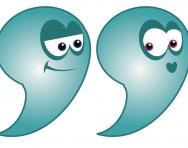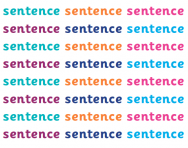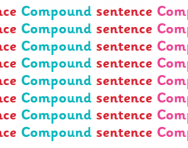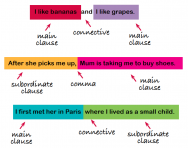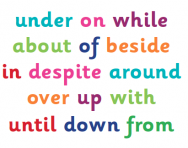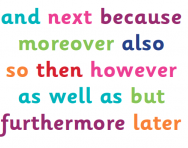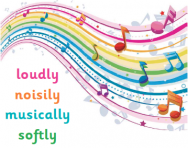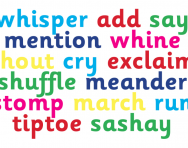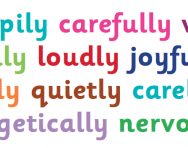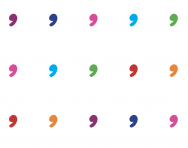Grammar articles
What are modal verbs?
Modal verbs indicate possibility, obligation or ability. Find out how your child will be taught about modal verbs in grammar lessons in KS2 and the kinds of activities they might be asked to complete in the primary-school classroom.
Changes to KS2 SATs in 2024: what parents need to know
If your child is in Y6 in 2024, read on for the most up-to-date SATs information for parents.
What is a cloze test?
An important part of the new-format 11+ exam, and a valuable test of your child's ability in English, we explain what cloze procedures involve.
What are definite and indefinite articles?
Definite (the) and indefinite (a, an) articles explained for primary school parents, with examples of how they will be taught in primary-school grammar lessons.
What are active and passive sentences?
The cat chased the mouse; the mouse was chased by the cat. Learn to identify active and passive voice in sentences and support your child's Year 6 grammar knowledge and understanding.
What are subject and object?
Subjects and objects in sentences, plus subject-verb agreement – primary-school grammar terms explained for parents, with examples.
What is a noun?
Get common nouns and concrete nouns clear in your mind and understand proper nouns and pronouns - our simple guide explains everything primary-school parents need to know about nouns and how to form the plural forms correctly.
Primary literacy glossary for parents
From adjectives to writing frames, TheSchoolRun's primary-school literacy glossary offers a complete guide to all the concepts children are taught in EYFS, KS1 and KS2 English. Brush up on your own literacy skills, clear up homework confusion and understand exactly what your child is learning at school by reading our basic definitions (with links to more detailed explanations, teachers' tips and examples).
What is verb tense?
Verb tenses tell us when an action took place in the present, past or future. Help your child understand the main verb tenses (simple present and present continuous, simple past and past continuous, simple future and future continuous) and understand which tenses are used in different kinds of texts.
Memory aids for kids
Rhymes, acrostics and other mnemonics could all help your child to remember important facts, from tricky spellings to grammar rules. We asked the experts why they work so well – and for their top 10 memory aids.
13 ways to make grammar fun for children
With all Year 6 children required to take a spelling, punctuation and grammar test and more emphasis on the technical side of English in the primary curriculum, we asked the experts for their top tips and practical activities to help your child engage with – and enjoy – grammar.
What are vowels and consonants?
We explain what vowels and consonants are and how primary-school children are taught to identify CVC, CCVC and CVCC words, vowel digraphs and consonant digraphs.
What is a root word?
We explain what a root word is and how prefixes and suffixes can be added to root words to turn them into words with different meanings.
What are synonyms and antonyms?
We explain what synonyms and antonyms are and how children are taught to use synonyms to improve their writing in primary school.
What is a pronoun?
We explain what a pronoun is and how primary-school children are taught to use pronouns to avoid repetition in their written work.
What are time connectives?
Find out how your child's teacher will explain the concept of time connectives and ways in which your child will be encouraged to use them to improve their writing.
What is a consonant cluster?
When two consonants appear next to each other it is called a consonant cluster. We explain how teachers explain consonant clusters to children and how you can help your child spot them when you are practising reading at home.
What are direct and indirect speech?
From Year 3 onwards your child will learn to write direct speech (quoting exact words spoken) and indirect speech (reporting a conversation). Our parents' guide covers the use of speech marks and how your child will cover this area of punctuation in the classroom.
What is sentence level work?
Sentence level work is everything your child will be taught about grammar, text content and punctuation in the primary-school classroom. We offer some examples of activities to help them practise and improve their writing at home.
What are simple, compound and complex sentences?
Simple sentences, compound sentences, complex sentences... can you identify the different types of sentence construction your child will learn in KS1 and KS2? Our parent-friendly guide sorts out any confusion and explains how your child will be taught to put grammar into practice in the classroom.
What is a clause?
From Year 1 onwards children are taught to write sentences made up of two clauses as part of sentence-level literacy work in the classroom. We explain everything you need to know about main and subordinate clauses in parent-friendly language.
What are prepositions?
Prepositions are some of the most common words in the English language. We explain how your child will learn to use them in primary school and why time connectives are so important in non-fiction writing.
What are connectives?
Has your child mentioned connectives? Connectives are joining words, and children will be taught to use them to connect phrases together into longer sentences and improve the flow of their writing. We explain what you need to know to help your child with sentence composition at home.
What is an adverb?
Adverbs give us more information about a verb, explaining how, when, where or why an action is taking place. We explain how children are taught to use adverbs to improve their writing in KS2, and how you can help at home.
What is an adjective?
Adjectives describe nouns, but how will your child be taught to use them correctly? We explain how word banks and a thesaurus can help improve your child's writing by encouraging them to use effective, powerful adjectives in their work.
What are powerful verbs?
Using powerful, descriptive verbs can make a big difference to your child's writing. We explain what parents need to know about powerful verbs (and ordinary verbs!) when helping with primary-school homework.
What is the Y6 Grammar, Punctuation and Spelling test?
Year 6 children are all tested on their spelling, punctuation and grammar as part of the KS2 SATs. So what will your child need to know, and how can you help them brush up their skills? By Lucy Dimbylow.
What are adverbs?
Use our quick guide to adverbs to help your child understand this descriptive part of speech.
Top 5 grammar mistakes sorted
Are you confident in helping your child to master grammar? Jackie Cosh explains the basic rules you need to know.
Good grammar made easy
Good grammar isn't just for English lessons – it's a vital skill that will take your child through their educational journey and their life. It's not hard once you know the rules, says Jackie Cosh.
Apostrophes – get them right every time
Apostrophes are tricky things. Do they imply ownership or are they there to denote a missing letter? Do they go before the ‘s’ or after? Jackie Cosh explains how to help your child master them.
SATs revision: your KS2 SATs English helper
Boost your child's confidence before the Y6 English assessments with these handy tips and literacy activities that you and your child can work on together.
